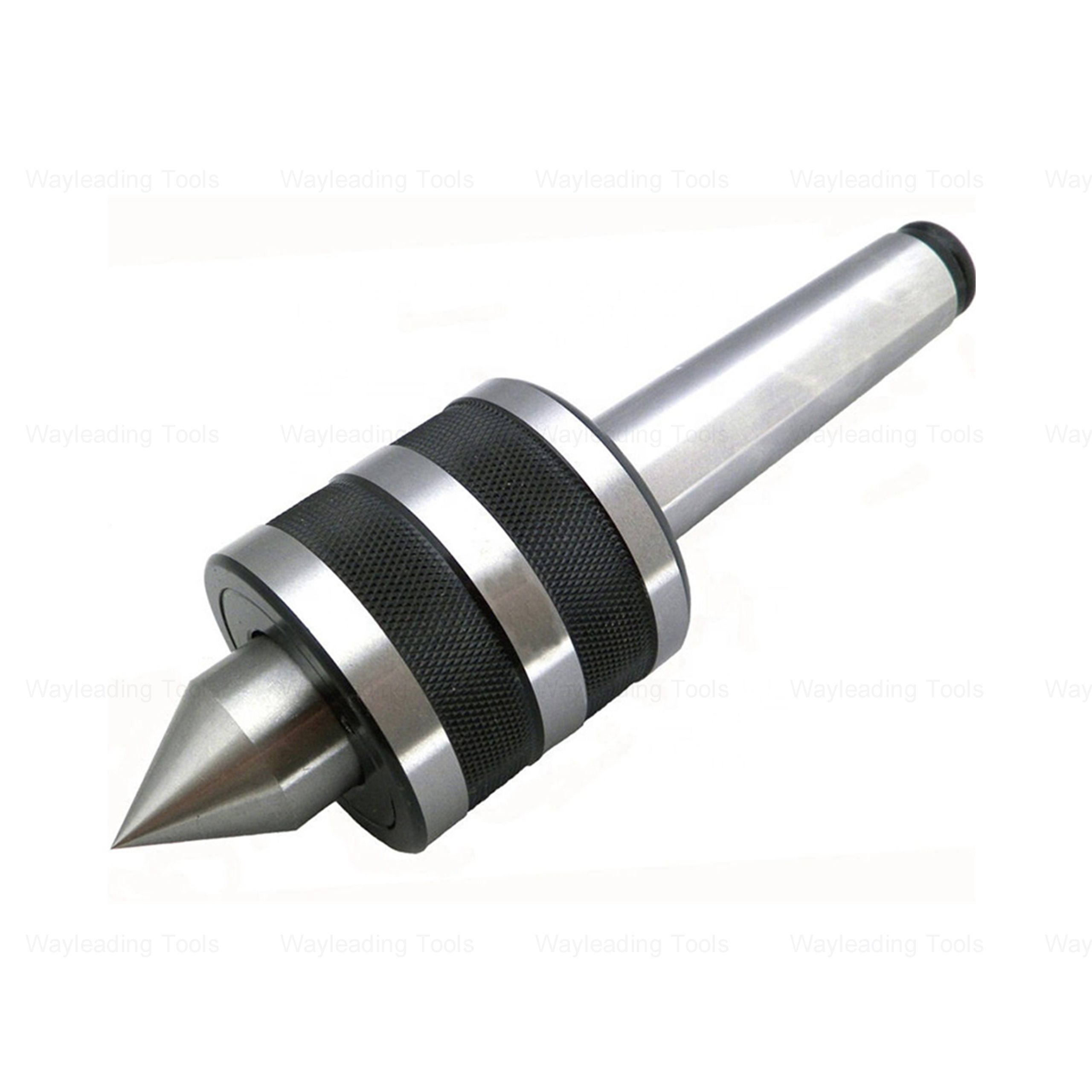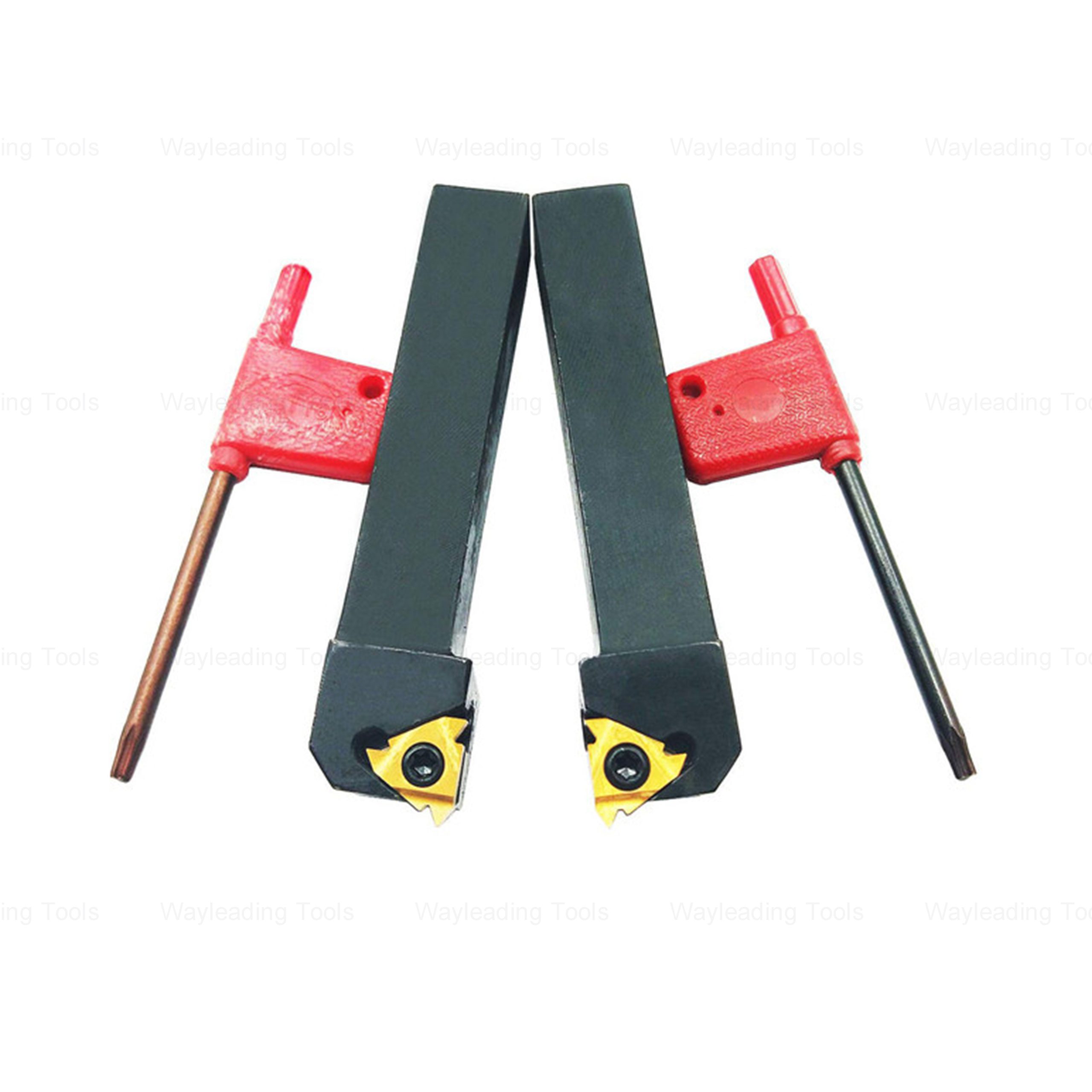Rotary burr Factories
Looking for a reliable rotary burr factory? This guide explores the top considerations when choosing a manufacturer, different types of rotary burrs available, and essential factors affecting the cost, helping you find the perfect supplier for your needs.
Understanding Rotary Burrs
Rotary burrs, also known as rotary files, are versatile cutting tools used in various industries for deburring, grinding, shaping, and carving materials such as metal, wood, plastic, and composites. Their effectiveness stems from their hardened cutting edges and high-speed rotation, making them essential for precision work and material removal.
Types of Rotary Burrs
Rotary burrs are classified based on their shape, cut style, and material. Understanding these distinctions is crucial for selecting the right burr for your specific application. Here's a breakdown:
- Shape: Common shapes include cylindrical, ball, oval, tree, flame, cone, and inverted cone. Each shape is designed for specific tasks and access points.
- Cut Style: Cut styles determine the aggressiveness and finish of the cut. Single-cut burrs are ideal for heavy material removal, while double-cut burrs offer a smoother finish. Other specialized cuts, such as aluminum cut or diamond cut, are available for specific materials.
- Material: Rotary burrs are typically made from tungsten carbide, high-speed steel (HSS), or coated materials. Tungsten carbide burrs are known for their durability and heat resistance, making them suitable for hard materials. HSS burrs are a cost-effective option for softer materials. Coatings like titanium nitride (TiN) can enhance the burr's lifespan and performance.
Choosing the Right Rotary Burr Factory
Selecting a reputable rotary burr factory is paramount to ensure you receive high-quality tools that meet your specific requirements. Here's what to consider:
Quality Control and Certifications
A reliable rotary burr factory will have robust quality control processes in place, ensuring that each burr meets strict standards for hardness, concentricity, and cutting performance. Look for factories with certifications such as ISO 9001, which demonstrates a commitment to quality management.
Material Selection and Manufacturing Process
The choice of materials and the manufacturing process significantly impact the burr's performance and longevity. Inquire about the factory's sourcing of raw materials (e.g., tungsten carbide grade) and the manufacturing techniques used, such as CNC grinding, brazing, and heat treatment.
Customization and OEM Capabilities
If you require rotary burrs with specific dimensions, shapes, or cut styles, ensure the factory offers customization options. Original Equipment Manufacturer (OEM) capabilities are essential if you plan to rebrand or sell the burrs under your own label.
Pricing and Minimum Order Quantities (MOQs)
Request detailed pricing information, including unit costs, bulk discounts, and shipping charges. Understand the factory's Minimum Order Quantities (MOQs) to determine if they align with your purchasing volume. Wayleading Tools, for example, offers competitive pricing on both standard and custom rotary burrs, with flexible MOQs to accommodate businesses of all sizes. You can find more about rotary burr pricing on their product pages.
Lead Times and Shipping
Inquire about the factory's lead times for production and shipping. Clear communication and timely delivery are crucial for maintaining your project schedules. A factory with efficient logistics and reliable shipping partners can minimize delays.
Customer Support and Communication
Effective communication and responsive customer support are essential for a smooth working relationship. Choose a factory that promptly addresses your inquiries, provides technical assistance, and offers after-sales support.
Factors Affecting Rotary Burr Cost
The cost of rotary burrs can vary depending on several factors:
- Material: Tungsten carbide burrs are generally more expensive than HSS burrs due to the higher cost of the material and the more complex manufacturing process.
- Size and Shape: Larger and more complex shapes require more material and machining time, resulting in higher costs.
- Cut Style: Specialized cut styles, such as diamond cut or aluminum cut, may incur additional costs due to the specialized tooling and processes required.
- Customization: Custom rotary burrs typically cost more than standard models due to the additional design and manufacturing effort involved.
- Quantity: Bulk orders usually qualify for volume discounts, reducing the per-unit cost.
Types of Rotary Burr Cuts
Selecting the correct cut type is essential for optimal performance and tool life. Here's a comparison of common cut types:
| Cut Type | Description | Ideal For | Pros | Cons |
|---|---|---|---|---|
| Single Cut | Single flute design for rapid material removal. | Heavy deburring, fast stock removal on ferrous materials. | Aggressive cut, fast material removal. | Rough finish, can cause chatter. |
| Double Cut | Two intersecting cuts for smoother finish and better control. | General purpose, deburring, fine finishing on various materials. | Smoother finish, better control, versatile. | Slower material removal compared to single cut. |
| Aluminum Cut | Designed with a high flute angle to prevent clogging when working with aluminum. | Aluminum, non-ferrous metals, plastics. | Prevents clogging, efficient material removal on soft materials. | Not suitable for hard materials. |
| Diamond Cut | Features small diamond particles bonded to the burr surface. | Extremely hard and abrasive materials like hardened steel, ceramics, and composites. | Highly effective on hard materials, long tool life. | More expensive than other cut types, requires coolant. |
Finding Rotary Burr Factories: A Practical Approach
Finding the right supplier involves several steps. First, online directories like Alibaba or Global Sources can provide an initial list of rotary burr factories. Analyze their profiles, certifications, and product offerings. Next, request quotes from several potential suppliers, providing them with detailed specifications of your requirements. Don't hesitate to ask for samples to assess the quality of their rotary burrs firsthand.
Consider visiting trade shows related to metalworking and manufacturing. These events provide an opportunity to meet face-to-face with factory representatives, inspect their products, and discuss your specific needs. Networking with other professionals in your industry can also lead to valuable recommendations.
Conclusion
Choosing the right rotary burr factory requires careful consideration of factors such as quality control, material selection, customization capabilities, pricing, and customer support. By following the guidelines outlined in this guide, you can find a reliable supplier that meets your specific needs and helps you achieve optimal results in your applications. Remember to request samples, compare pricing, and prioritize factories with strong quality control measures. With the right partner, you can ensure a consistent supply of high-quality rotary burrs for your business. If you're looking for a trustworthy supplier, consider exploring the range of rotary burrs and services offered by Wayleading Tools.
Related products
Related products
Best selling products
Best selling products-
 Electronic Digital Height Gauge From 300 to 2000mm
Electronic Digital Height Gauge From 300 to 2000mm -
 HSS Involute Spline Cutter With PA30
HSS Involute Spline Cutter With PA30 -
 Adjustable Tap And Reamer Wrench For Thread Cutting Tools
Adjustable Tap And Reamer Wrench For Thread Cutting Tools -
 5C Round Collet With Inch and Metric Size
5C Round Collet With Inch and Metric Size -
 25PCS DIN338 HSS Twist Drill Bit Set From 1-13mm
25PCS DIN338 HSS Twist Drill Bit Set From 1-13mm -
 Parting & Grooving Tool Set With SLTB Blcok, NCIH Blades, GTN Inserts
Parting & Grooving Tool Set With SLTB Blcok, NCIH Blades, GTN Inserts -
 HSS Metric Square Tool Bit With Industrial Type
HSS Metric Square Tool Bit With Industrial Type -
 Inch Solid Carbide Twist Drill With Internal Coolant & External Coolant
Inch Solid Carbide Twist Drill With Internal Coolant & External Coolant -
 Precision IP67 Digital Caliper With Data Output For Industrial
Precision IP67 Digital Caliper With Data Output For Industrial -
 Deburring Tool Blades Using For Deburring
Deburring Tool Blades Using For Deburring -
 High Precision Medium-Duty Live Center – Hardened Tip, Morse Taper Shank
High Precision Medium-Duty Live Center – Hardened Tip, Morse Taper Shank -
 Inch HSS 1/2″ Reduce Shank Drill Bit For Metal Cutting Of High Precision
Inch HSS 1/2″ Reduce Shank Drill Bit For Metal Cutting Of High Precision










